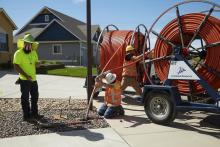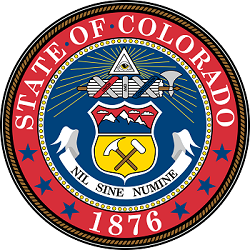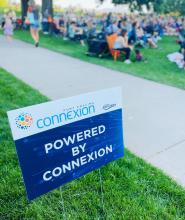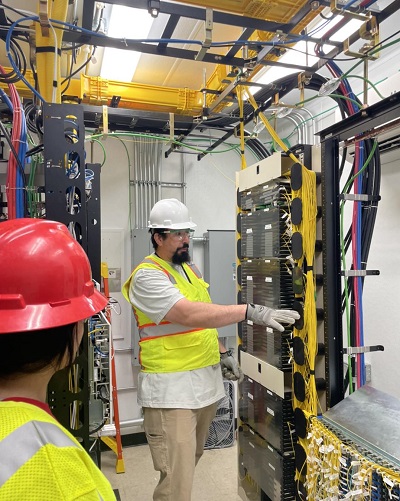Fort Collins Connexion Unveils New SmartHome Network Management Tools
Fort Collins, Colorado’s popular Connexion municipal broadband network has unveiled SmartHome, a new network management app that can help the ISPs customers better manage the security and bandwidth-consumption of their home networks.
SmartHome lets users see every connected device, set parental controls, prioritize bandwidth for work or entertainment, and guard against online threats through integrated security services like ExperienceIQ and ProtectIQ. The expanded new functionality is being bundled with the ISPs Enhanced 2-Gig and Premier 10-Gig plans.
Connexion currently offers locals three tiers of fiber service: a symmetrical 1 gigabit per second (Gbps) option for $70 a month; a symmetrical 2 Gbps option for $100 a month; and a symmetrical 10 Gbps offering for $200 per month.

Fort Collins, Colorado has repeatedly won awards for being a trailblazer in the municipal fiber space, and local subscribers continue to take notice. The city-owned and operated Connexion network operation just announced it has passed the 20,000 subscriber mark, after nabbing a significant new wave of state and federal funding for expansion early last year.
Fort Collins began thinking about a citywide fiber deployment as early as 2012. By 2015, locals had voted to exempt the city from a counterproductive state law restricting communities from building their own broadband networks.










